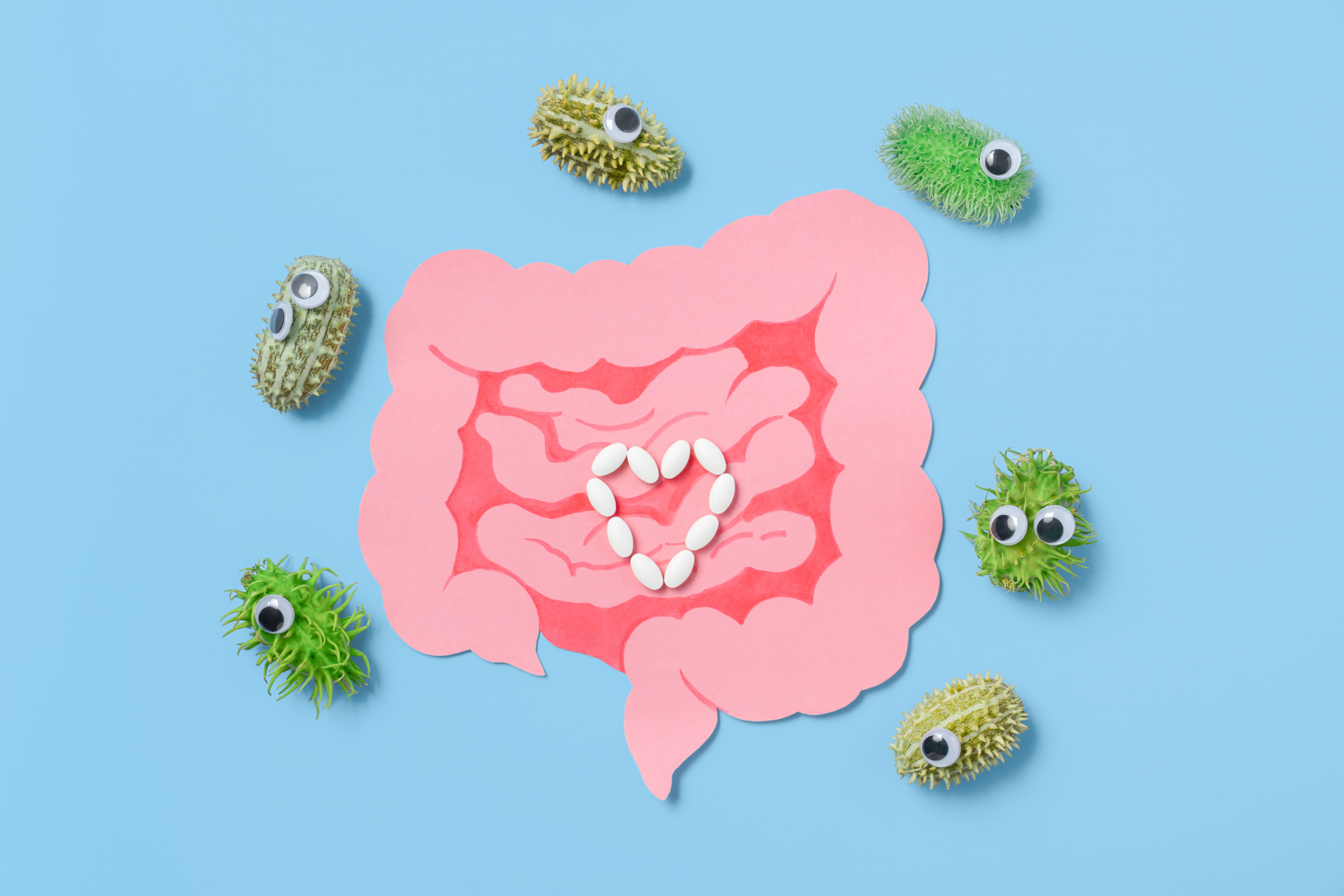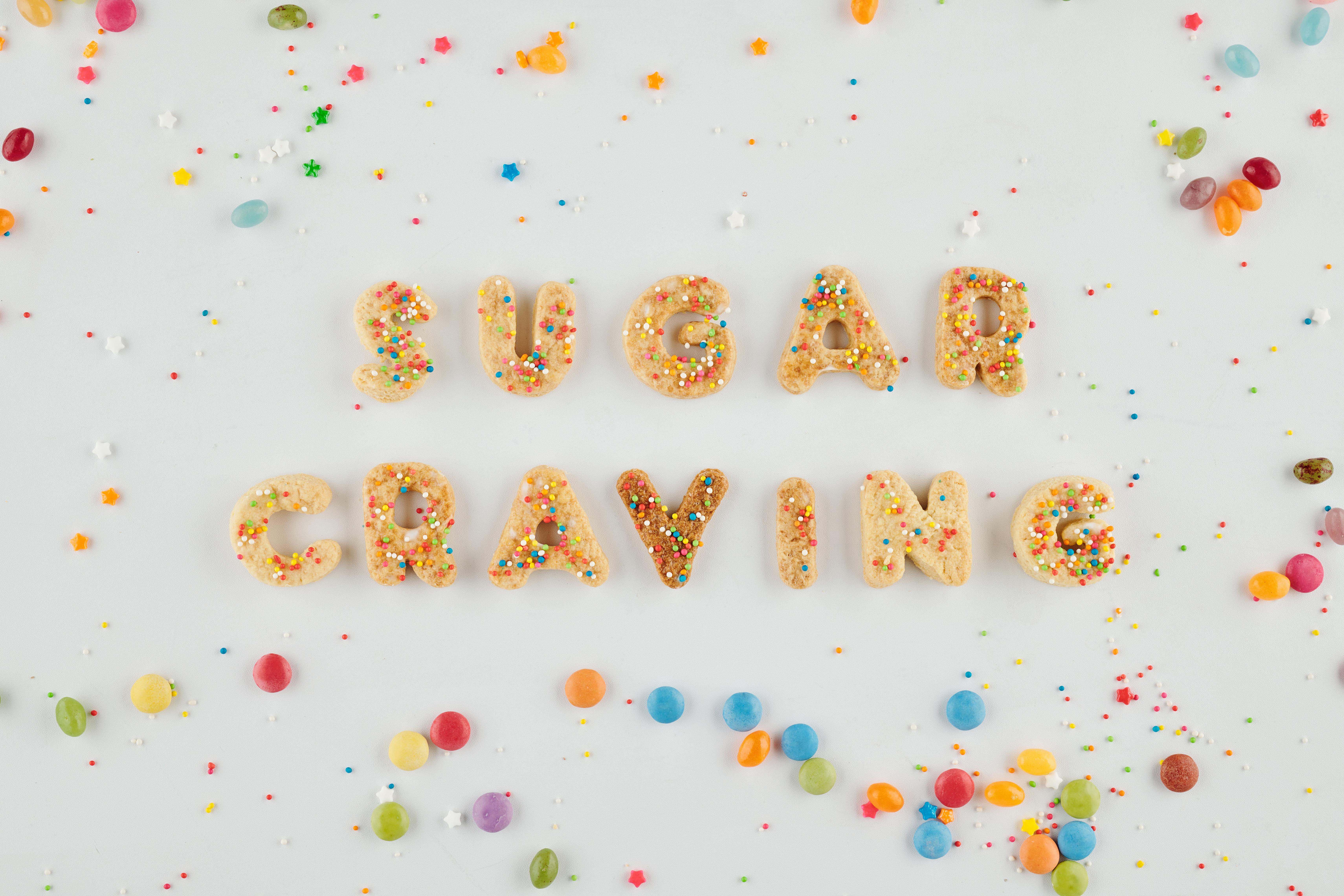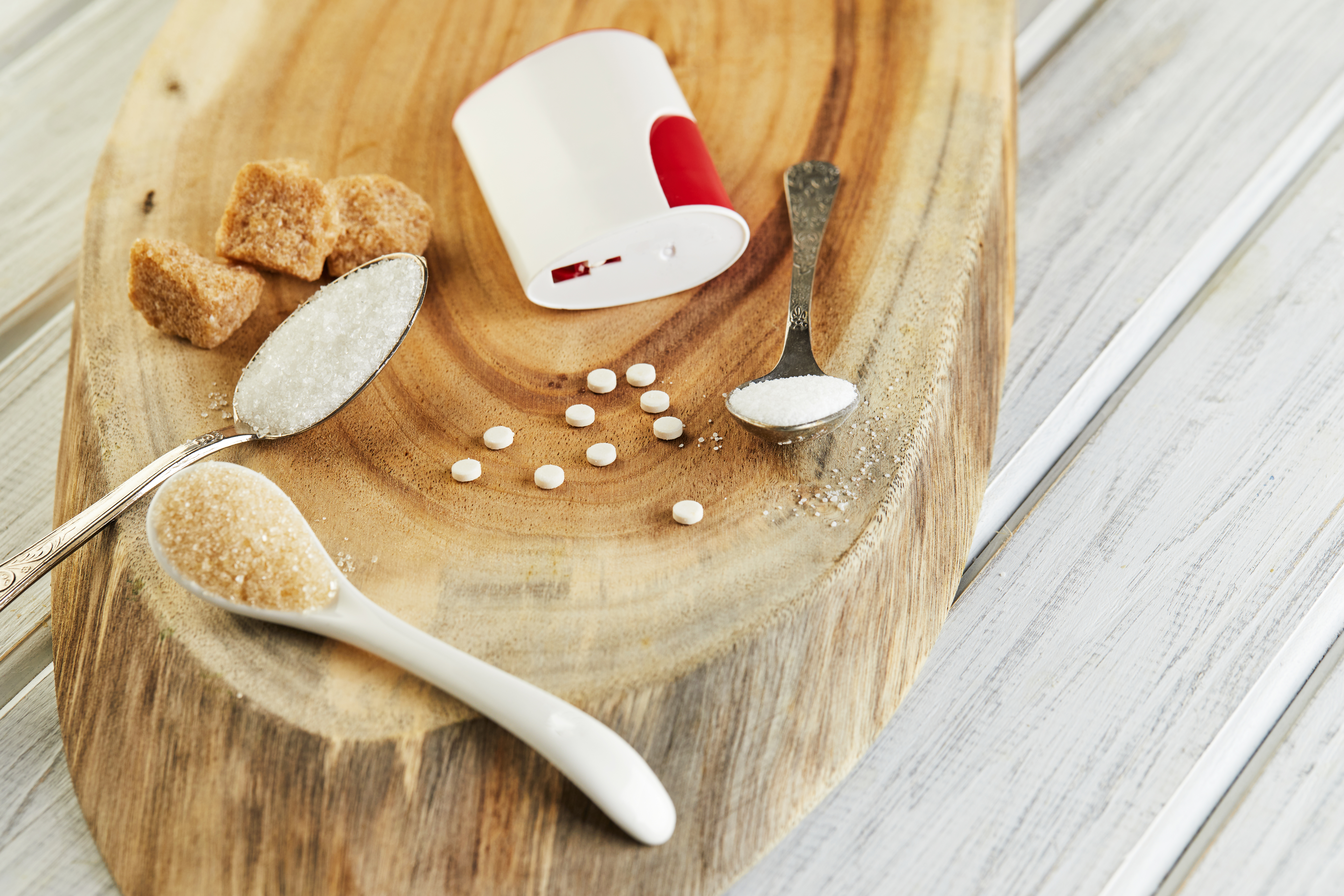9 Reasons Your "Diet" Drink Is Sabotaging Your Health
Artificial sweeteners have become ubiquitous in our quest for a healthier lifestyle, promising the sweetness we crave without the caloric consequences. They appear in countless products, from diet sodas to sugar-free snacks, often marketed as the ideal solution for weight management and diabetes control. However, beneath the surface of these seemingly harmless sugar substitutes lie subtle risks that warrant a closer look. This article delves into nine compelling reasons to reconsider your artificial sugar fix, exploring the potential impacts on health and well-being that can often go unnoticed. By examining these hidden dangers, we aim to provide a comprehensive understanding of why it might be wise to think twice before reaching for that sugar-free treat.
Metabolic Confusion: The Body's Response

Artificial sweeteners can lead to metabolic confusion, a phenomenon where the body struggles to process these non-caloric sweeteners effectively. When you consume something sweet, your body anticipates an influx of calories and prepares to metabolize them. However, artificial sweeteners provide sweetness without the expected calories, potentially disrupting your body's natural metabolic processes. This confusion can lead to increased hunger and cravings, as your body seeks the calories it was primed to receive. Over time, this may contribute to weight gain rather than weight loss, contradicting the very reason many people turn to artificial sweeteners in the first place.
Gut Health: An Unseen Impact

The gut microbiome, a complex community of microorganisms residing in your digestive tract, plays a crucial role in various aspects of health, from digestion to immune function. Emerging research suggests that artificial sweeteners may negatively impact gut health by altering the composition and function of the microbiome. Some studies have linked these sweeteners to an imbalance in gut bacteria, which can lead to digestive issues, inflammation, and even metabolic disorders. Maintaining a healthy gut is essential for overall well-being, and the potential disruption caused by artificial sweeteners is a risk worth considering.
Sweetness Addiction: A Cycle of Cravings

Artificial sweeteners are significantly sweeter than natural sugars, which can desensitize taste receptors over time. This heightened sweetness can lead to an increased preference for intensely sweet flavors, making naturally sweet foods like fruits less appealing. As a result, individuals may find themselves trapped in a cycle of cravings, constantly seeking out more sweet foods to satisfy their altered taste preferences. This cycle can make it challenging to maintain a balanced diet and may contribute to overeating and weight gain, undermining efforts to manage weight through the use of artificial sweeteners.
Psychological Effects: The Mind's Deception

The use of artificial sweeteners can also have psychological effects, influencing how we perceive food and our eating habits. The promise of a "guilt-free" indulgence may lead to overconsumption, as people justify eating more of a product because it contains fewer calories. This can result in a paradoxical increase in calorie intake, as the perceived absence of consequences encourages less mindful eating. Additionally, relying on artificial sweeteners can hinder the development of healthier eating habits, as individuals may become dependent on these substitutes rather than learning to enjoy and regulate natural sugar intake.
Potential Carcinogenic Concerns: A Controversial Debate

One of the most contentious issues surrounding artificial sweeteners is their potential link to cancer. While the evidence is not definitive, some studies have raised concerns about certain sweeteners, such as saccharin and aspartame, being associated with an increased risk of cancer in laboratory animals. Although regulatory agencies deem these sweeteners safe for human consumption at current levels, the long-term effects remain a topic of ongoing research and debate. For those concerned about potential carcinogenic risks, it may be prudent to limit exposure to artificial sweeteners until more conclusive evidence is available.
Blood Sugar Levels: A False Sense of Security

Artificial sweeteners are often marketed to individuals with diabetes as a safe alternative to sugar, promising to help manage blood sugar levels. However, research suggests that these sweeteners may not be as beneficial as once thought. Some studies indicate that artificial sweeteners could affect insulin sensitivity and glucose metabolism, potentially leading to unexpected spikes in blood sugar levels. This paradoxical effect can undermine diabetes management efforts and complicate the condition further. Individuals with diabetes should be cautious and consult healthcare professionals to determine the most appropriate dietary choices.
Environmental Impact: Beyond Personal Health

The production and disposal of artificial sweeteners also raise environmental concerns. The manufacturing process of these chemicals can contribute to pollution and the depletion of natural resources. Furthermore, artificial sweeteners are often not fully broken down during wastewater treatment, leading to their presence in aquatic environments. This can have detrimental effects on aquatic life and ecosystems, as these substances can disrupt biological processes in wildlife. Considering the broader environmental impact of artificial sweeteners is crucial for those seeking to make more sustainable and eco-friendly dietary choices.
Regulatory Oversight: Navigating the Safety Landscape

The safety of artificial sweeteners is regulated by various health agencies worldwide, but the approval process and oversight can vary significantly between regions. While many sweeteners are deemed safe based on current research, the long-term effects are not fully understood, and new findings continue to emerge. This uncertainty underscores the importance of staying informed about regulatory updates and scientific developments related to artificial sweeteners. Consumers should be proactive in researching the sweeteners they consume and remain vigilant about potential risks as new information becomes available.
Natural Alternatives: Embracing a Balanced Approach

For those seeking to reduce their artificial sweetener intake, exploring natural alternatives can offer a balanced approach to sweetness. Options like honey, maple syrup, and stevia provide sweetness with additional nutritional benefits, such as antioxidants and minerals. While these natural sweeteners still contain calories and should be consumed in moderation, they can be part of a healthier diet that emphasizes whole, unprocessed foods. By gradually reducing reliance on artificial sweeteners and embracing natural options, individuals can enjoy the sweetness they crave while minimizing potential health risks.
A Thoughtful Reconsideration

The allure of artificial sweeteners lies in their promise of guilt-free indulgence, yet the subtle risks they pose cannot be overlooked. From metabolic confusion to environmental concerns, these sweeteners present challenges that extend beyond personal health. By understanding the potential impacts and exploring natural alternatives, individuals can make informed choices that align with their health goals and values. As research continues to evolve, remaining vigilant and adaptable in dietary habits will be key to navigating the complex landscape of artificial sweeteners. Ultimately, a thoughtful reconsideration of our sugar substitutes can lead to a more balanced and health-conscious lifestyle.